What Is The Most Common Psychiatric Disorder After Head Injury NIH funded study identifies risk factors for neuropsychiatric conditions after concussion A new study reveals that approximately 1 in 5
The most common psychiatric disorders after TBI were major depression 26 7 alcohol abuse or dependence 11 7 panic disorder 8 3 specific phobia 8 3 and psychotic In the framework of neurotic syndromes depression is the most prevalent psychiatric alteration after a TBI becoming a sequel that shows a higher incidence in the first
What Is The Most Common Psychiatric Disorder After Head Injury

What Is The Most Common Psychiatric Disorder After Head Injury
https://i.pinimg.com/originals/20/a4/54/20a45422a05fbc150b0a2e370d17808d.jpg
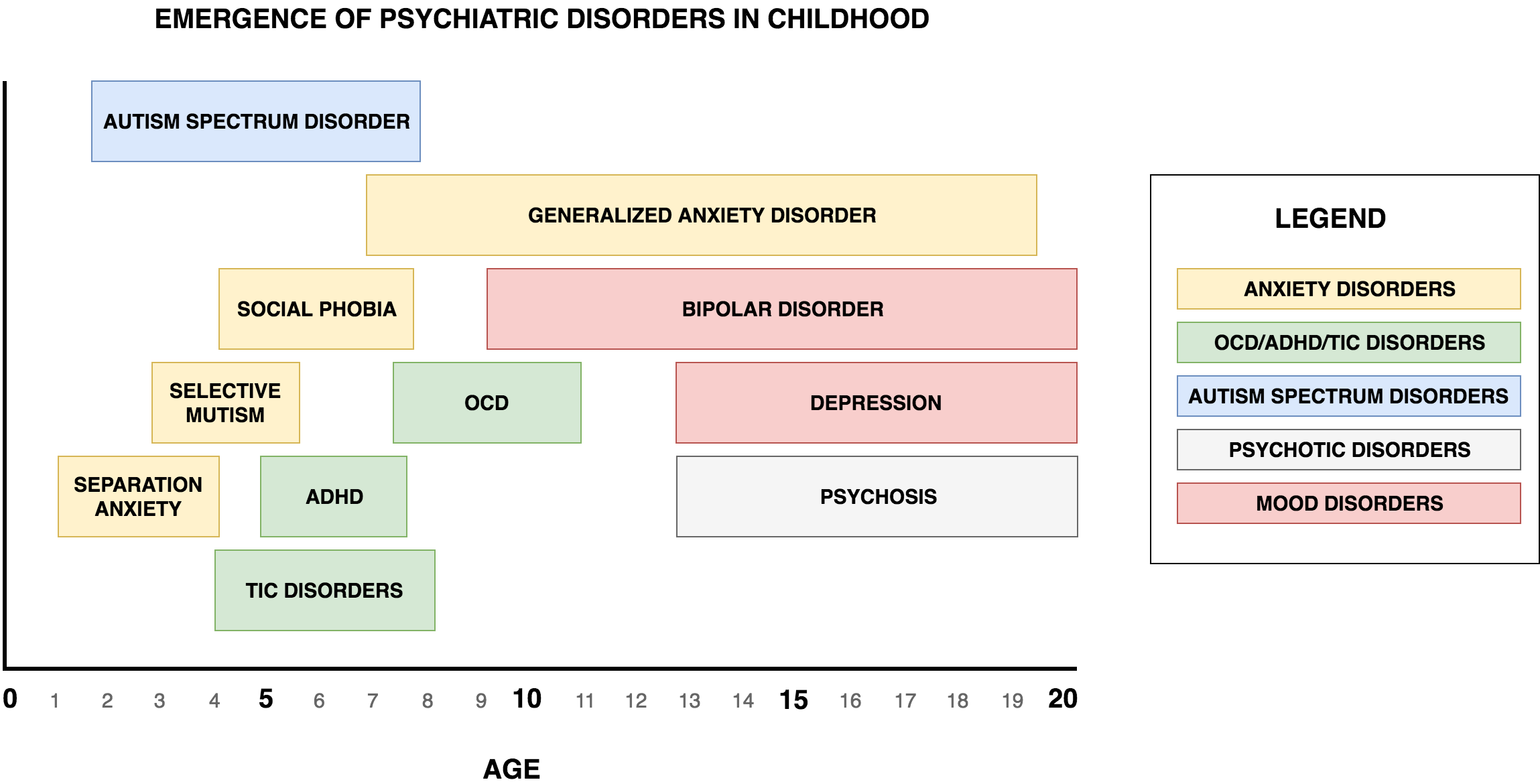
Child And Adolescent Psychiatry PsychDB
https://www.psychdb.com/_media/teaching/core/emergence-childhood-disorders.png
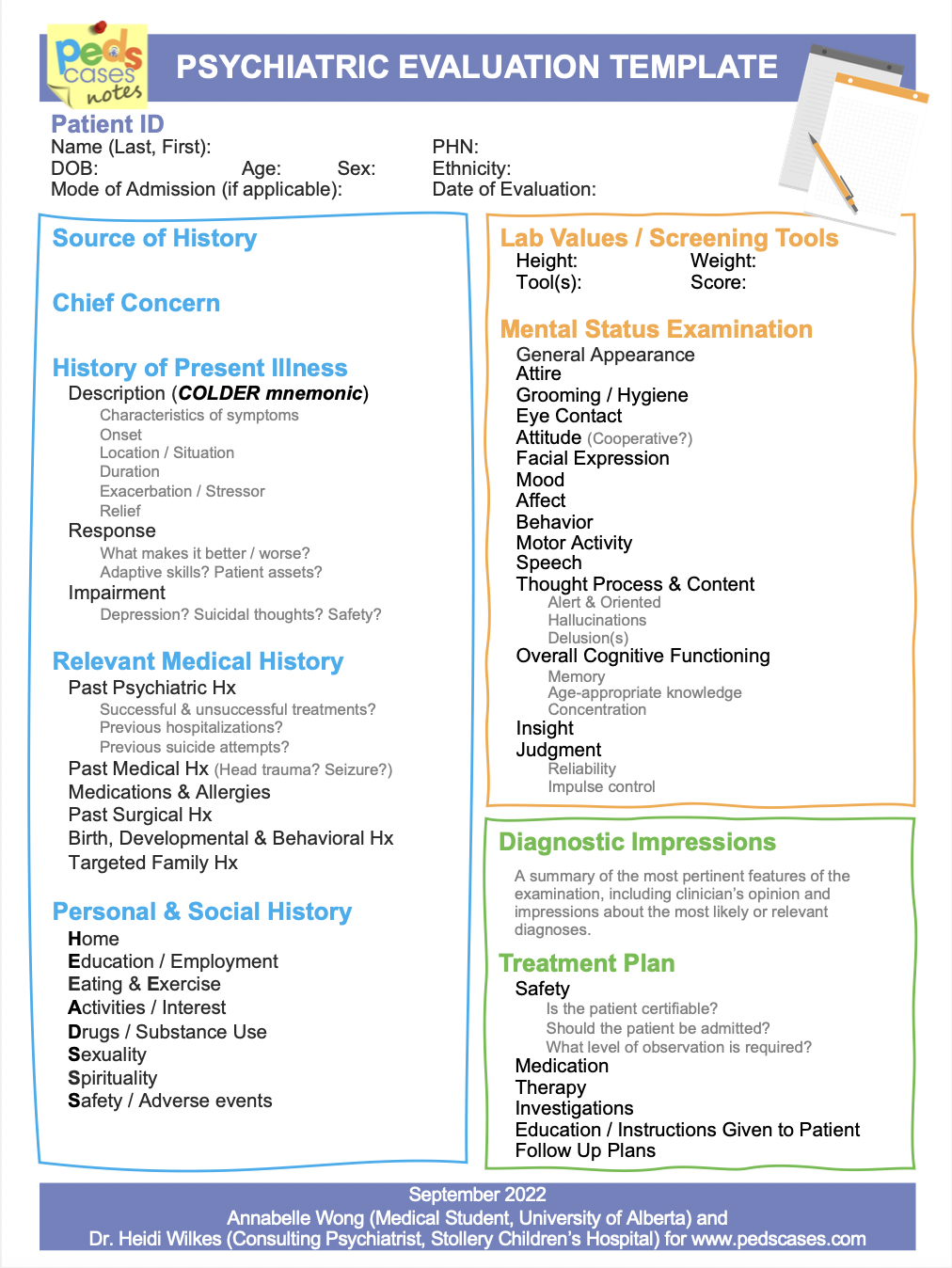
Psychiatric Evaluation Template PedsCases
https://www.pedscases.com/sites/default/files/Screen Shot 2023-01-20 at 6.29.44 PM.png
The most common novel disorders after traumatic brain injury were major depression 26 7 alcohol abuse or dependence 11 7 panic disorder 8 3 specific Major depression MD is the most common psychiatric disorder after traumatic brain injury TBI Yet diagnosing MD is often challenging because of cognitive emotional and somatic
In the long term after traumatic brain injury the most disabling problems are generally related to neuropsychiatric sequelae including personality change and cognitive impairment rather than A new study reveals that approximately 1 in 5 individuals may experience mental health symptoms up to 6 months after mild traumatic brain injury mTBI suggesting the
More picture related to What Is The Most Common Psychiatric Disorder After Head Injury
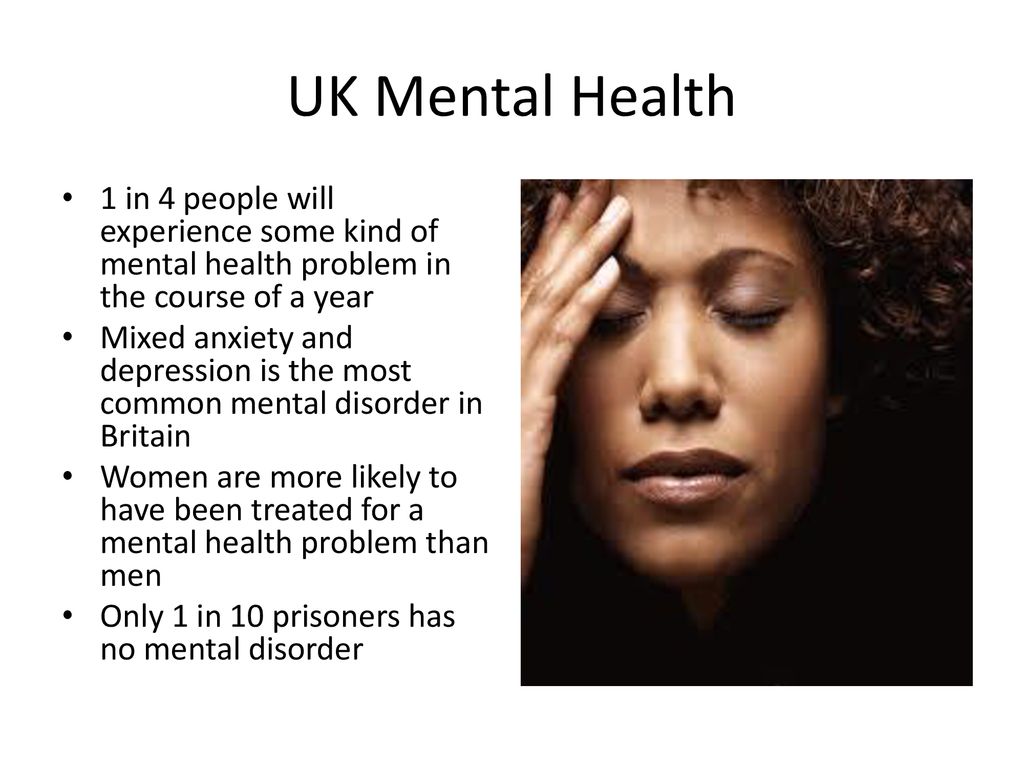
Supporting Young People Under Stress Ppt Download
https://slideplayer.com/slide/15138840/91/images/2/UK+Mental+Health+1+in+4+people+will+experience+some+kind+of+mental+health+problem+in+the+course+of+a+year..jpg

Psych Evaluation Chapel Hill NC NC Neuropsychiatry Attention
https://irp-cdn.multiscreensite.com/319d2baa/dms3rep/multi/neurological+disorders.jpg

Behavioural Sciences Psychiatric Disorders
https://mbi.ufl.edu/files/2018/06/Mathews-figure-for-post-2.jpg
The most common psychiatric complication associated with TBI is depression with prevalence rates ranging between 6 and 77 while 2 50 of TBI patients affect from generalized In cases of mild head injury 1 in 5 people experience mental health problems afterward and psychiatric disorders following traumatic brain injuries are scientifically considered frequent
Depression is the most common psychiatric disorder after TBI with a prevalence of over 25 percent Current treatment recommendations for post concussion syndrome involve At six months after injury mental health symptoms were reported by 21 2 percent of people who had experienced head injury and 12 1 percent of orthopedic trauma patients

Pin On Spa And Fun
https://i.pinimg.com/originals/37/a8/14/37a814e7af48f5503087599b5a5f3f88.gif
Common Psychiatric Medications
https://imgv2-1-f.scribdassets.com/img/document/182099721/original/650fd2d0ea/1572604926?v=1

https://www.nih.gov › news-events › news …
NIH funded study identifies risk factors for neuropsychiatric conditions after concussion A new study reveals that approximately 1 in 5

https://pmc.ncbi.nlm.nih.gov › articles
The most common psychiatric disorders after TBI were major depression 26 7 alcohol abuse or dependence 11 7 panic disorder 8 3 specific phobia 8 3 and psychotic

NCP Psychiatric Patient Reinforcement

Pin On Spa And Fun

The Importance Of Mental Health

REPRESENTATIVE PSYCHIATRIC MEDICATIONS AND THEIR COMMON USES Download
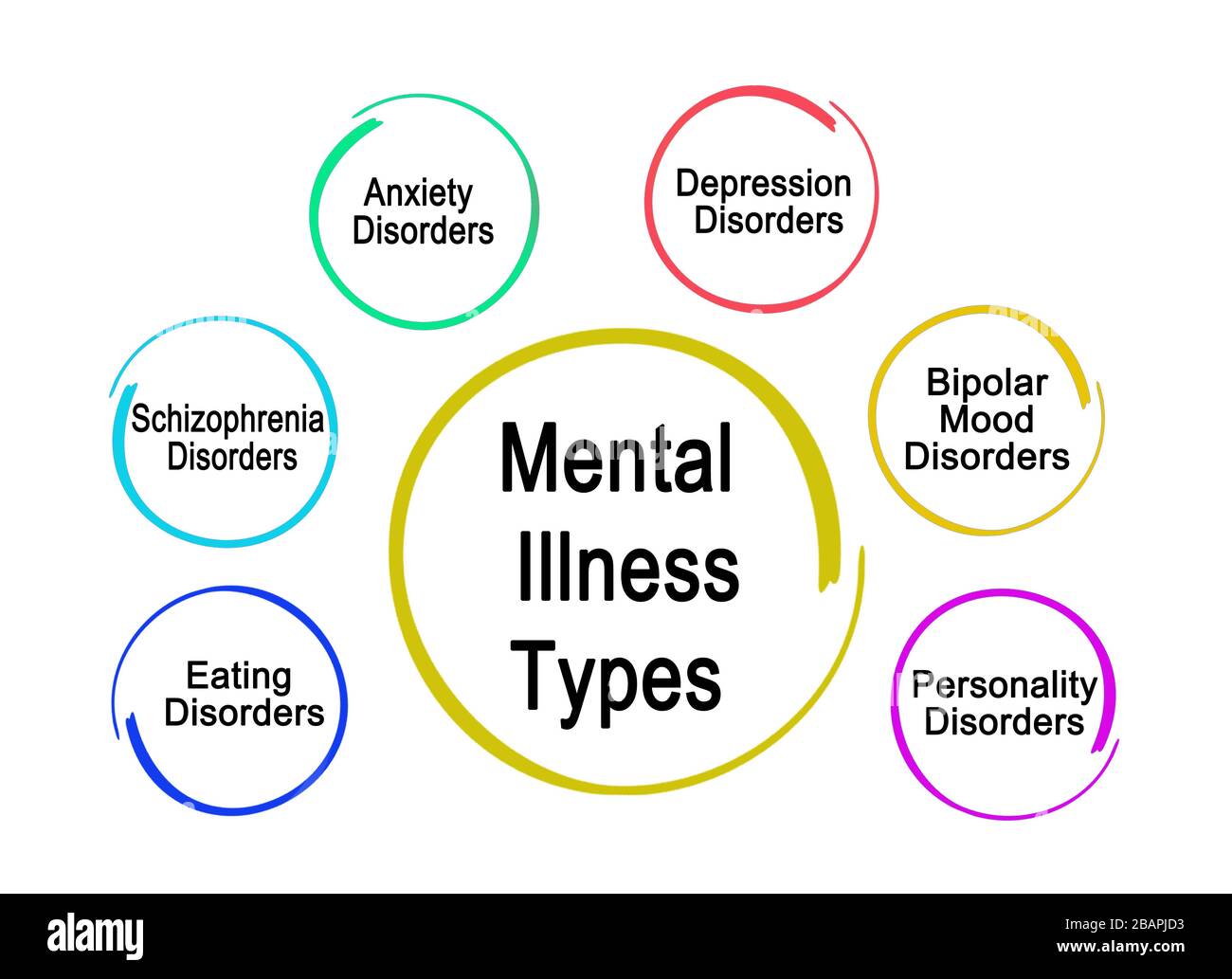
Psychological Disorders List
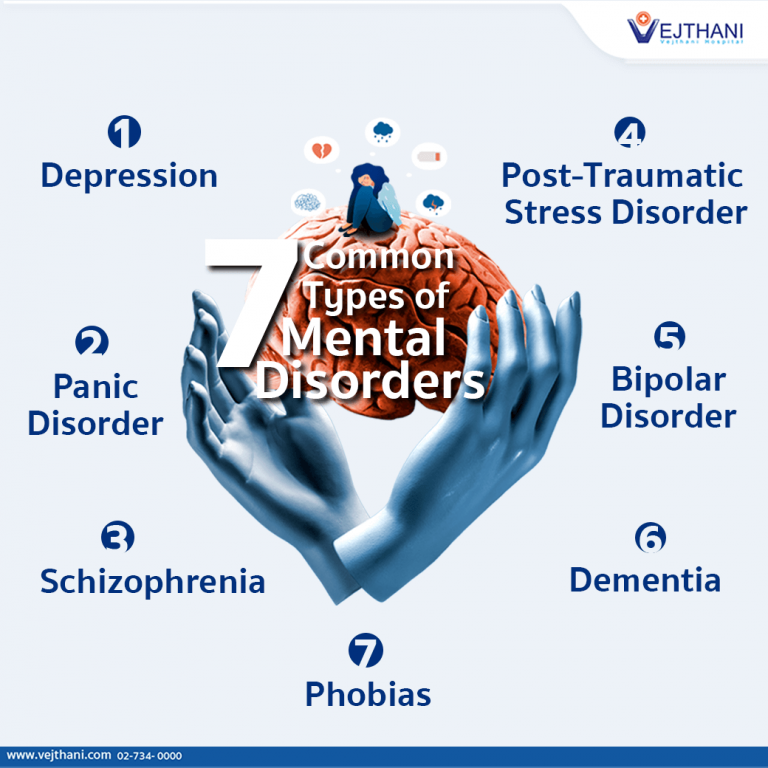
DR KHANCHAI JUANGPHANICH Vejthani Hospital JCI Accredited

DR KHANCHAI JUANGPHANICH Vejthani Hospital JCI Accredited

Psychological Disorders Chart
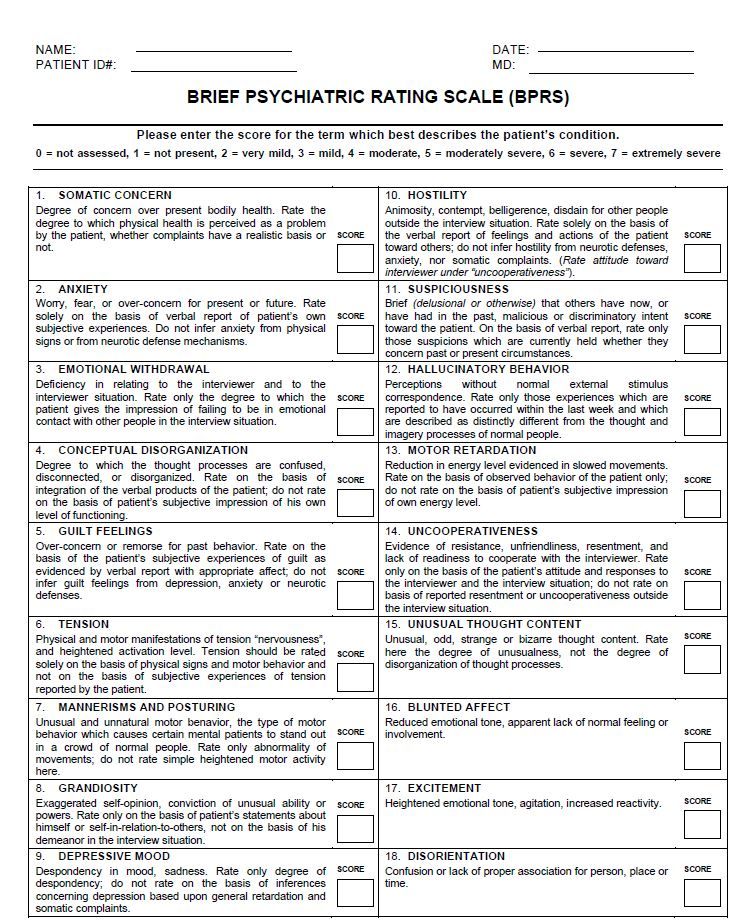
BPRS Brief Psychiatric Rating Scale

Psychiatric Medications Psychotropic Medications Medication Chart
What Is The Most Common Psychiatric Disorder After Head Injury - Some of the most common psychiatric symptoms following a head injury include Depression Studies have shown that individuals who have sustained a head injury are at a
